Sensitive skin is a term that most of us have heard but often struggle to define or fully understand. It is not a medical diagnosis but rather a common skin condition where the skin is prone to reactions such as redness, itching, dryness, or stinging. For those with sensitive skin, even the most harmless skincare products, environmental factors, or lifestyle habits can lead to irritation and discomfort.
In this blog, we’ll explore everything you need to know about sensitive skin—what it is, why it happens, when it may become an issue, and who is more likely to experience it. We’ll also discuss how to care for sensitive skin, so you can manage it effectively and enjoy a healthy, balanced complexion.
What Is Sensitive Skin?
Sensitive skin refers to a skin type that reacts easily to external triggers. People with sensitive skin may experience redness, itching, burning, stinging, or dryness after coming into contact with certain skincare products, environmental factors, or even stress. Sensitive skin can be temporary or a long-term condition, and it can affect people of any age, skin type, or ethnicity.
The key difference between sensitive skin and other skin types is the skin’s compromised ability to protect itself from irritants. A healthy skin barrier typically shields the skin from potential irritants and allergens, but with sensitive skin, this barrier is weakened or hyper-reactive, allowing external factors to penetrate more easily and cause discomfort.
Why Does Sensitive Skin Happen?
Sensitive skin can develop due to a variety of factors, both internal and external. Understanding these causes can help individuals manage their sensitive skin better and avoid common triggers.
Internal Factors:
- Genetics: Sensitive skin often runs in families. If your parents or siblings have sensitive skin, you may be more likely to develop it as well. This is because genetic predispositions can affect the strength and resilience of the skin barrier.
- Skin Conditions: Certain skin conditions, such as eczema (atopic dermatitis), rosacea, and psoriasis, are closely associated with sensitive skin. These conditions cause the skin to become inflamed and reactive, leading to symptoms like redness, itching, and stinging.
- Hormonal Changes: Hormonal fluctuations, such as those that occur during pregnancy, menstruation, menopause, or with thyroid imbalances, can affect the skin’s sensitivity. Hormones influence the production of oils, moisture retention, and inflammation levels, which can make the skin more prone to irritation.
- Aging: As we age, our skin becomes thinner and loses some of its natural moisture and oils, which can make it more vulnerable to sensitivity. The skin’s protective barrier weakens over time, which makes it less resilient to environmental irritants.
External Factors:
- Skincare Products: Many skincare products contain ingredients that can irritate sensitive skin. These include fragrances, alcohol, sulfates, parabens, and harsh exfoliants. Even products designed for normal skin can cause reactions in people with sensitive skin.
- Environmental Stressors: Environmental factors such as pollution, extreme weather (heat, cold, wind), and UV radiation can trigger or exacerbate sensitive skin. For example, exposure to the sun’s UV rays can inflame and irritate sensitive skin, leading to redness and dryness.
- Stress: Emotional and physical stress can trigger or worsen skin sensitivity. Stress increases the body’s production of cortisol, which can weaken the skin barrier and make it more reactive.
- Diet: Certain foods and beverages, such as spicy foods, alcohol, and caffeine, can trigger skin sensitivity in some individuals. For those with rosacea, for example, consuming these triggers can lead to redness and flare-ups.
When Does Sensitive Skin Become an Issue?
Sensitive skin can become an issue at any time in life, although certain stages and environmental conditions can make sensitivity more likely. It may occur suddenly due to changes in your skincare routine, environmental exposure, or stress, or it may develop gradually over time as part of a chronic skin condition or the natural aging process.
Some people only experience sensitive skin temporarily. For example, using a harsh product that disrupts the skin barrier can cause short-term sensitivity, but once the skin heals, it may return to normal. However, for others, sensitive skin can be a long-term issue that requires consistent care and attention.
Who Is Prone to Sensitive Skin?
Anyone can experience sensitive skin, but some people are more prone to it than others. Here are some groups more likely to deal with sensitive skin:
- People with Pre-existing Skin Conditions: Individuals with eczema, rosacea, or psoriasis are particularly prone to sensitive skin.
- Fair-Skinned Individuals: Fair-skinned people tend to have thinner skin with fewer protective pigments, making them more vulnerable to environmental damage and sensitivity.
- Older Adults: As mentioned earlier, aging skin loses moisture and oils, which can result in increased sensitivity.
- People Living in Harsh Environments: Those exposed to extreme temperatures, pollution, or frequent UV exposure may develop sensitive skin due to these external stressors.
- Women: Hormonal fluctuations during different life stages, such as puberty, pregnancy, and menopause, make women more likely to experience sensitive skin than men.
How to Know If You Have Sensitive Skin
If you have sensitive skin, you may notice some of the following symptoms:
- Redness: Your skin becomes flushed or blotchy after using certain products, being in the sun, or experiencing extreme weather.
- Dryness: Sensitive skin often feels dry and tight, particularly after cleansing or exposure to cold weather.
- Itching and Burning: You may experience itching, burning, or stinging sensations when applying skincare products or after exposure to irritants.
- Breakouts or Rashes: Sensitive skin is prone to breakouts, rashes, or bumps, particularly after using new skincare products or makeup.
- Visible Blood Vessels: Those with sensitive skin may also notice broken capillaries or visible blood vessels, especially on the face.
How to Care for Sensitive Skin
Sensitive skin requires extra care and attention, but with the right approach, you can manage sensitivity effectively and keep your skin calm, hydrated, and healthy. Here’s how to care for sensitive skin:
1. Use Gentle, Fragrance-Free Products
Fragrance is a common irritant for sensitive skin, so it’s important to choose products that are free of synthetic fragrances. Look for products labeled as "fragrance-free" rather than "unscented," as unscented products can still contain masking fragrances.
Additionally, opt for gentle, hypoallergenic products that are formulated for sensitive skin. Avoid harsh ingredients such as alcohol, sulfates, and parabens, which can further irritate sensitive skin.
2. Moisturize Regularly
Moisturizing is essential for sensitive skin, as it helps to maintain the skin’s protective barrier and lock in moisture. Choose a moisturizer that contains soothing and hydrating ingredients such as aloe vera, hyaluronic acid, glycerin, and ceramides. Avoid products that are too rich or heavy, as they can clog pores and cause breakouts.
Apply moisturizer immediately after cleansing to help lock in moisture and soothe the skin.
3. Avoid Over-Cleansing and Hot Water
Over-cleansing can strip the skin of its natural oils, making it more vulnerable to irritation and sensitivity. Stick to cleansing your face twice a day—once in the morning and once at night—using a gentle, sulfate-free cleanser.
Additionally, avoid using hot water, as it can dry out and irritate the skin. Instead, cleanse with lukewarm water and gently pat your skin dry with a soft towel.
4. Protect Your Skin from the Sun
Sun exposure is one of the leading causes of sensitivity and irritation in the skin. Always wear a broad-spectrum sunscreen with at least SPF 30, even on cloudy days or when indoors near windows. Look for sunscreens that are labeled as non-comedogenic and formulated for sensitive skin.
Physical sunscreens (those containing zinc oxide or titanium dioxide) are often gentler on sensitive skin than chemical sunscreens, which can cause irritation in some individuals.
5. Avoid Exfoliating Too Often
Exfoliation is important for removing dead skin cells, but over-exfoliating can damage the skin’s protective barrier and lead to increased sensitivity. If you have sensitive skin, stick to gentle exfoliation once a week using a mild exfoliant, such as a product containing lactic acid or polyhydroxy acids (PHAs), which are less likely to cause irritation.
Avoid physical exfoliants, such as scrubs with rough particles, as they can cause microtears in sensitive skin.
6. Stay Hydrated
Drinking plenty of water throughout the day is essential for keeping your skin hydrated and healthy. Dehydration can worsen skin sensitivity and lead to dryness and irritation, so make sure you’re getting enough fluids, especially during hot weather or when exercising.
7. Patch Test New Products
Before introducing new skincare or makeup products into your routine, always perform a patch test to see how your skin reacts. Apply a small amount of the product to a discreet area, such as behind your ear or on the inside of your wrist, and wait 24 to 48 hours. If your skin doesn’t react negatively, it’s likely safe to use on your face.
8. Manage Stress
Stress can worsen skin sensitivity, so it’s important to incorporate stress-management techniques into your routine. Practices such as mindfulness meditation, yoga, or deep breathing exercises can help reduce stress levels and keep your skin calm.
Conclusion: Sensitive Skin Requires Special Care
Caring for sensitive skin can be a challenge, but with the right products, habits, and precautions, you can manage sensitivity effectively and maintain healthy, balanced skin. By understanding what triggers your skin.

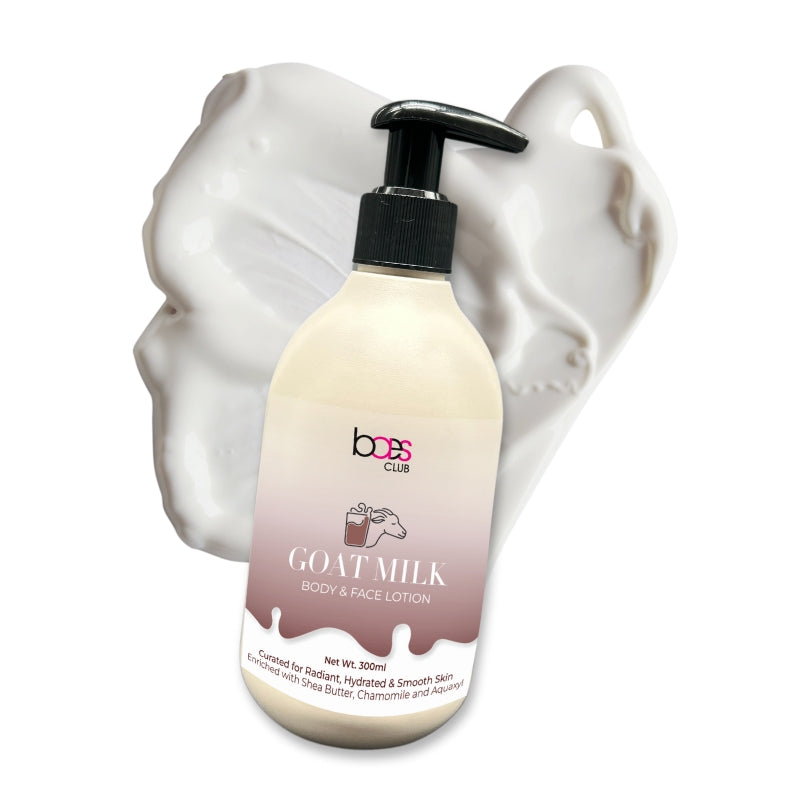 Goat Milk Body & Face LotionGoat Milk Body & Face Lotion
Goat Milk Body & Face LotionGoat Milk Body & Face Lotion
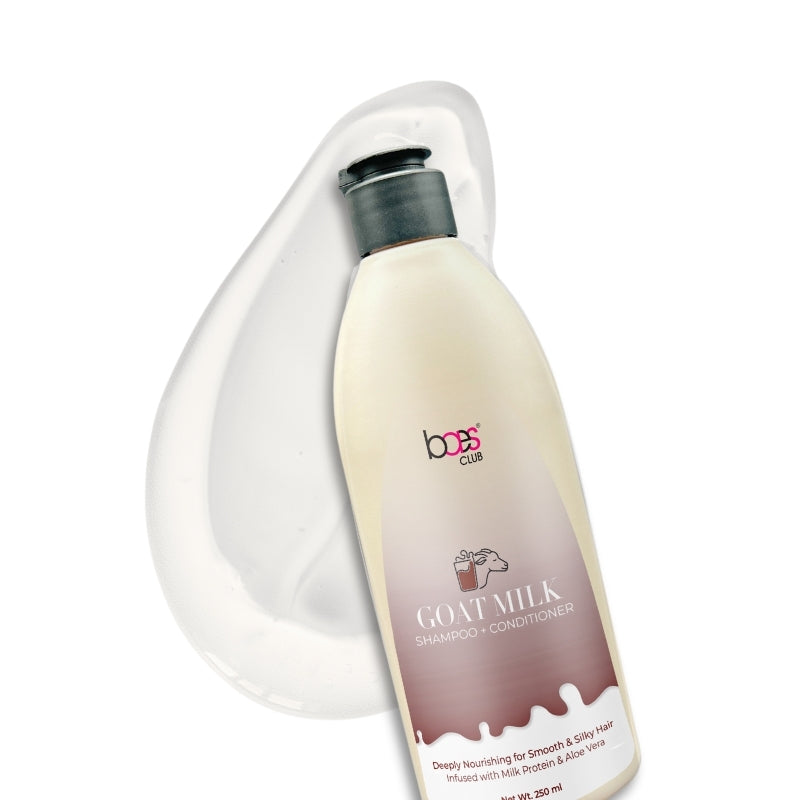 Goat Milk Shampoo with ConditionerGoat Milk Shampoo with Conditioner
Goat Milk Shampoo with ConditionerGoat Milk Shampoo with Conditioner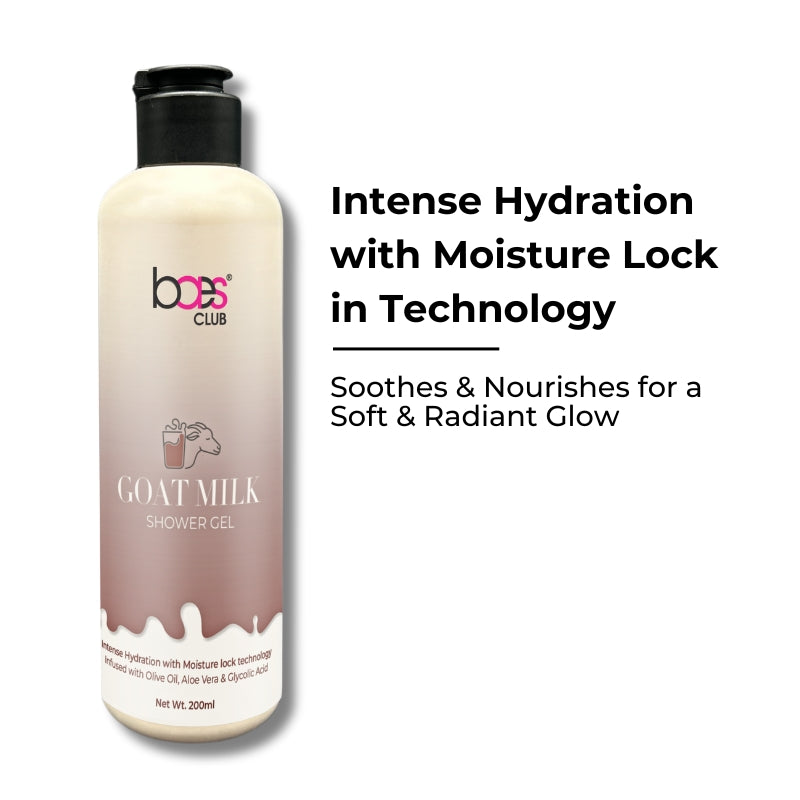
 Goat Milk Shower GelGoat Milk Shower Gel
Goat Milk Shower GelGoat Milk Shower Gel
 Goat Milk Sunscreen | SPF 50 | PA++++ With Vitamin E, Shea butter & Almond OilGoat Milk Sunscreen | SPF 50 | PA++++ With Vitamin E, Shea butter & Almond Oil
Goat Milk Sunscreen | SPF 50 | PA++++ With Vitamin E, Shea butter & Almond OilGoat Milk Sunscreen | SPF 50 | PA++++ With Vitamin E, Shea butter & Almond Oil
 Pomegranate Aloe Vera & Olive Oil Shower GelPomegranate Aloe Vera & Olive Oil Shower Gel
Pomegranate Aloe Vera & Olive Oil Shower GelPomegranate Aloe Vera & Olive Oil Shower Gel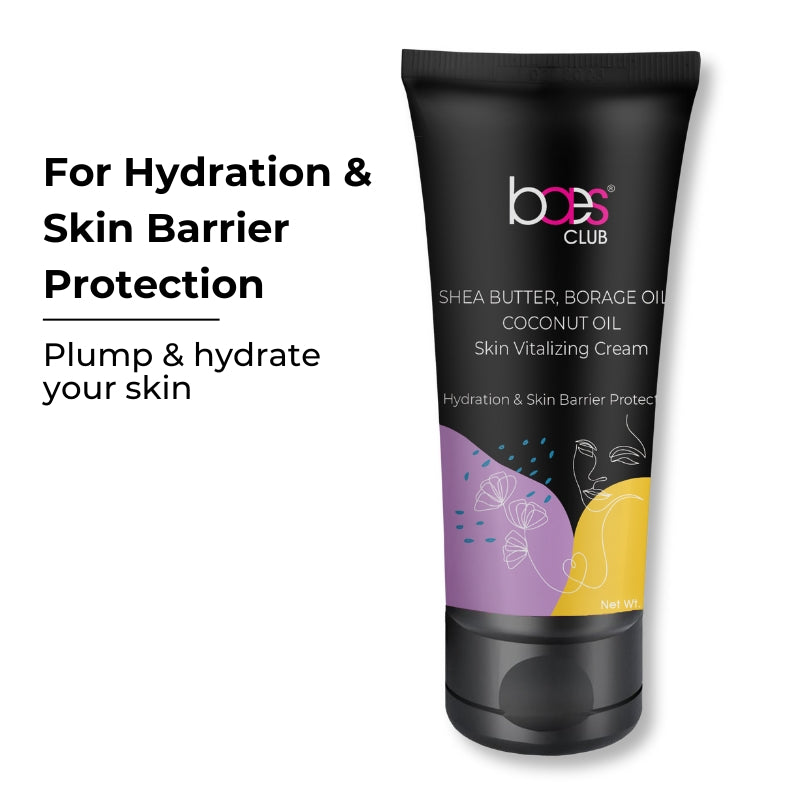
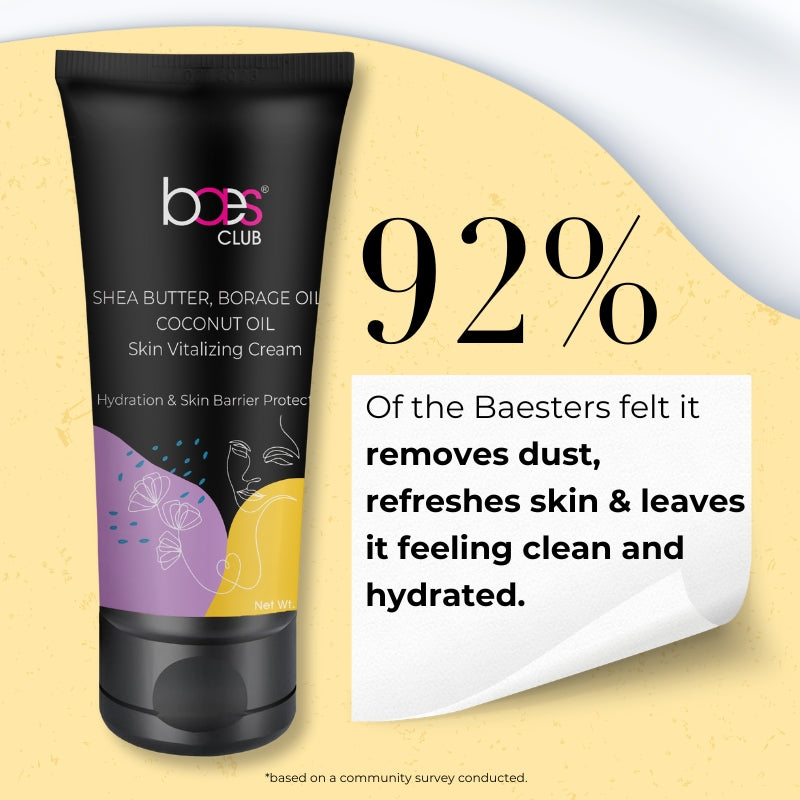 Skin Vitalizing CreamSkin Vitalizing Cream
Skin Vitalizing CreamSkin Vitalizing Cream
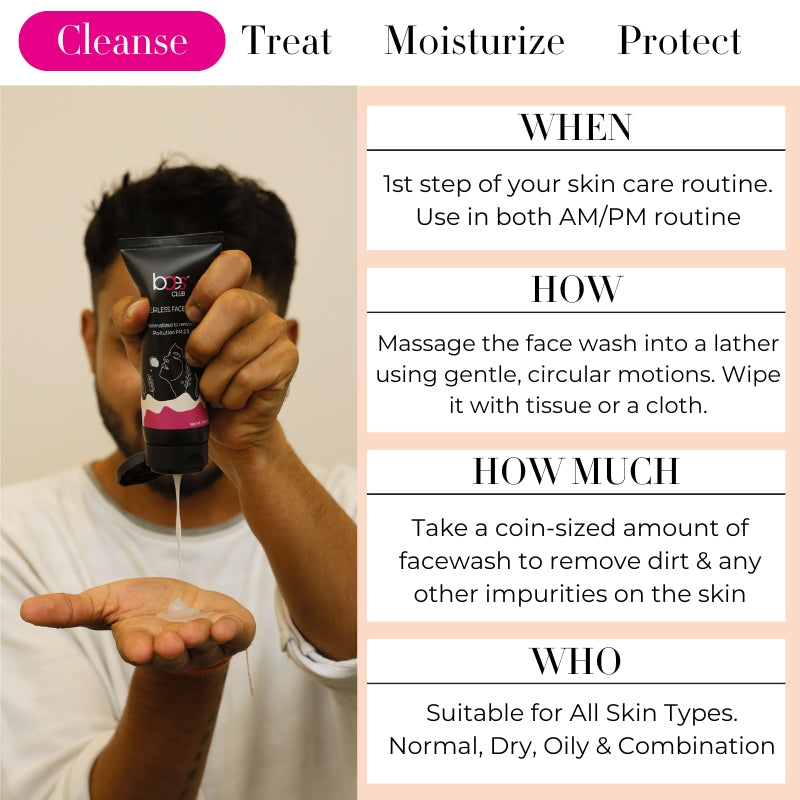 Waterless Face WashWaterless Face Wash
Waterless Face WashWaterless Face Wash















